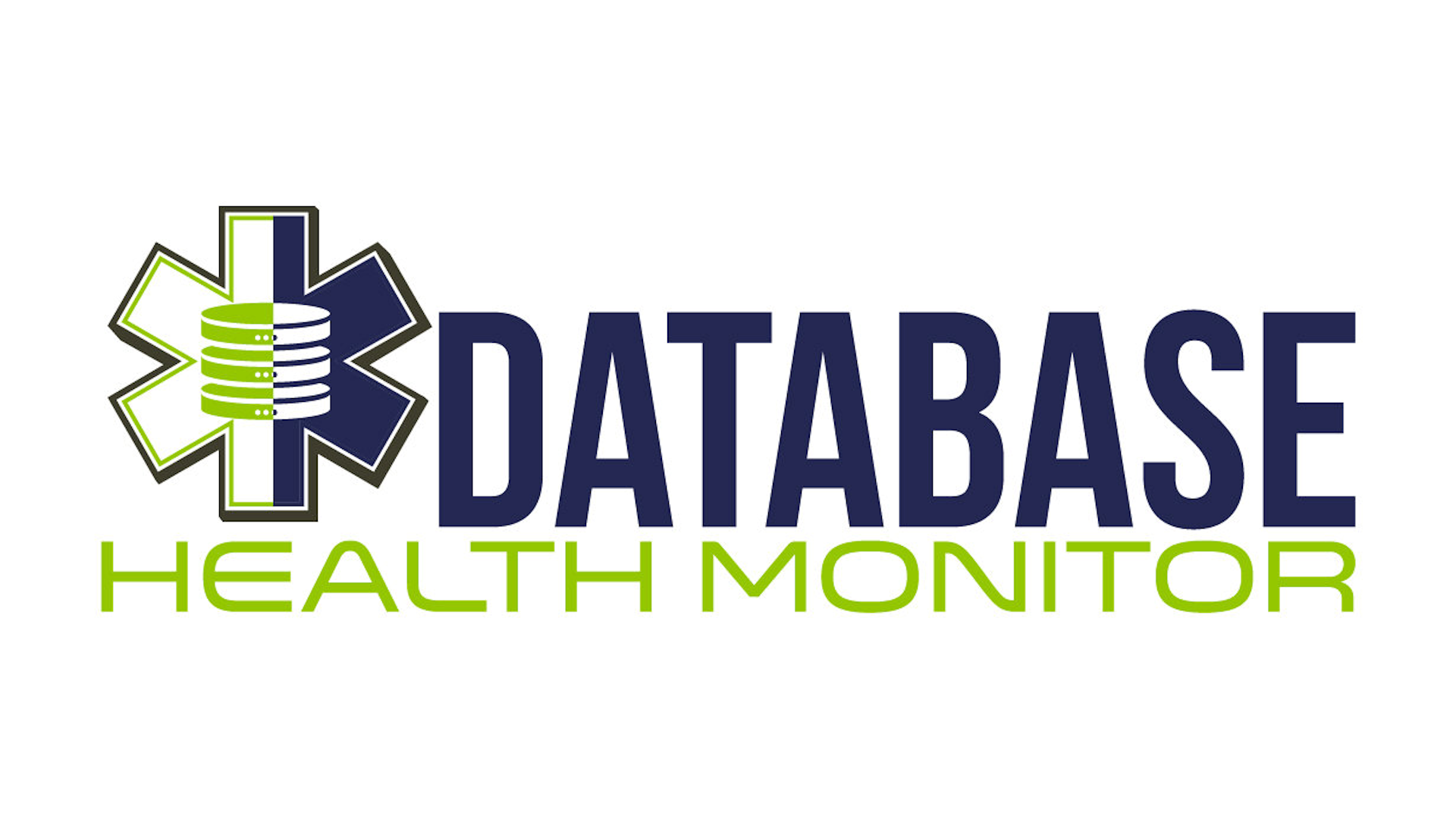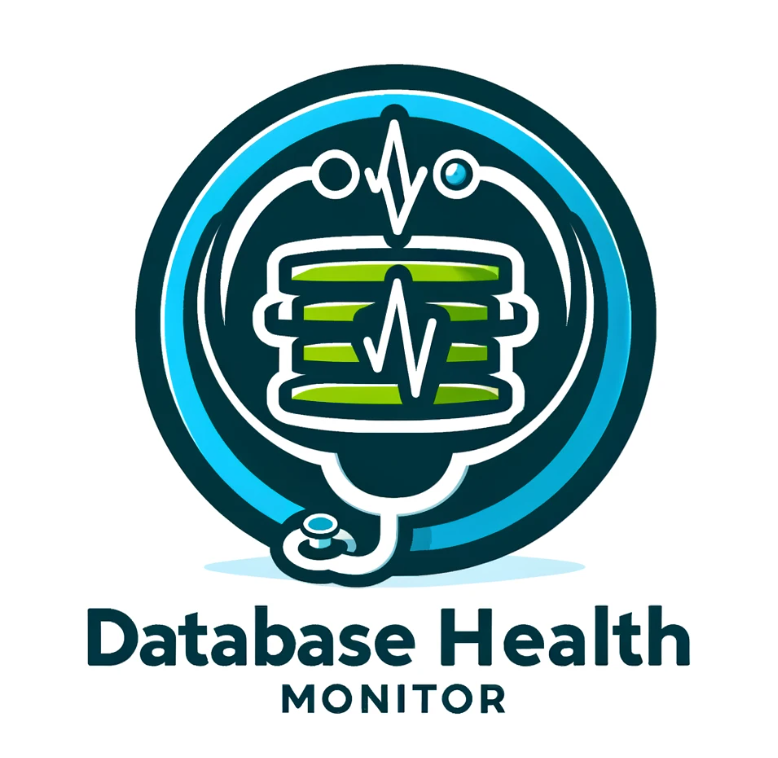Monitoring disk I/O is an essential part of database performance monitoring, as disk I/O can significantly impact query performance and slow down database response times. The Database Health Monitor for SQL Server provides insights into disk I/O, enabling you to identify potential issues and optimize database performance.
Disk I/O refers to the input and output operations performed on your server’s disk drives. SQL Server uses disk I/O to read and write data to and from disk drives. High disk I/O can occur for various reasons, such as inefficient query execution, lack of indexing, or insufficient hardware resources.
The Database Health Monitor tracks disk I/O and provides insights into which queries or processes are consuming the most disk I/O resources. You can use this information to identify potential performance bottlenecks and optimize query execution to reduce disk I/O.
In addition to tracking disk I/O, the Database Health Monitor also provides insights into disk I/O history. The tool maintains a history of disk I/O and provides detailed information about disk I/O load over time, enabling you to identify trends and potential issues. You can use this information to optimize your database environment and ensure that your hardware resources are sufficient to support your workload.
The Database Health Monitor also provides a range of reports that enable you to identify trends and potential issues related to disk I/O. You can generate reports on disk I/O, disk I/O history, and disk I/O duration, among other things. These reports can be customized to meet your specific needs and exported to a range of formats, including Excel and HTML.
Another benefit of monitoring disk I/O with the Database Health Monitor is the ability to set up custom alerts. You can configure the tool to notify you when disk I/O usage exceeds a certain threshold, enabling you to take corrective action before performance issues arise.
Overall, monitoring disk I/O with the Database Health Monitor is a critical part of database performance monitoring. By tracking disk I/O usage and providing insights into disk I/O history and trends, the tool enables you to identify potential performance bottlenecks and take corrective action to optimize query execution and ensure that your database environment is running smoothly. If you want to learn more about the Database Health Monitor or try it out for yourself, visit http://DatabaseHealth.com today!
More from Stedman Solutions:

Steve and the team at Stedman Solutions are here for all your SQL Server needs.
Contact us today for your free 30 minute consultation..
We are ready to help!


